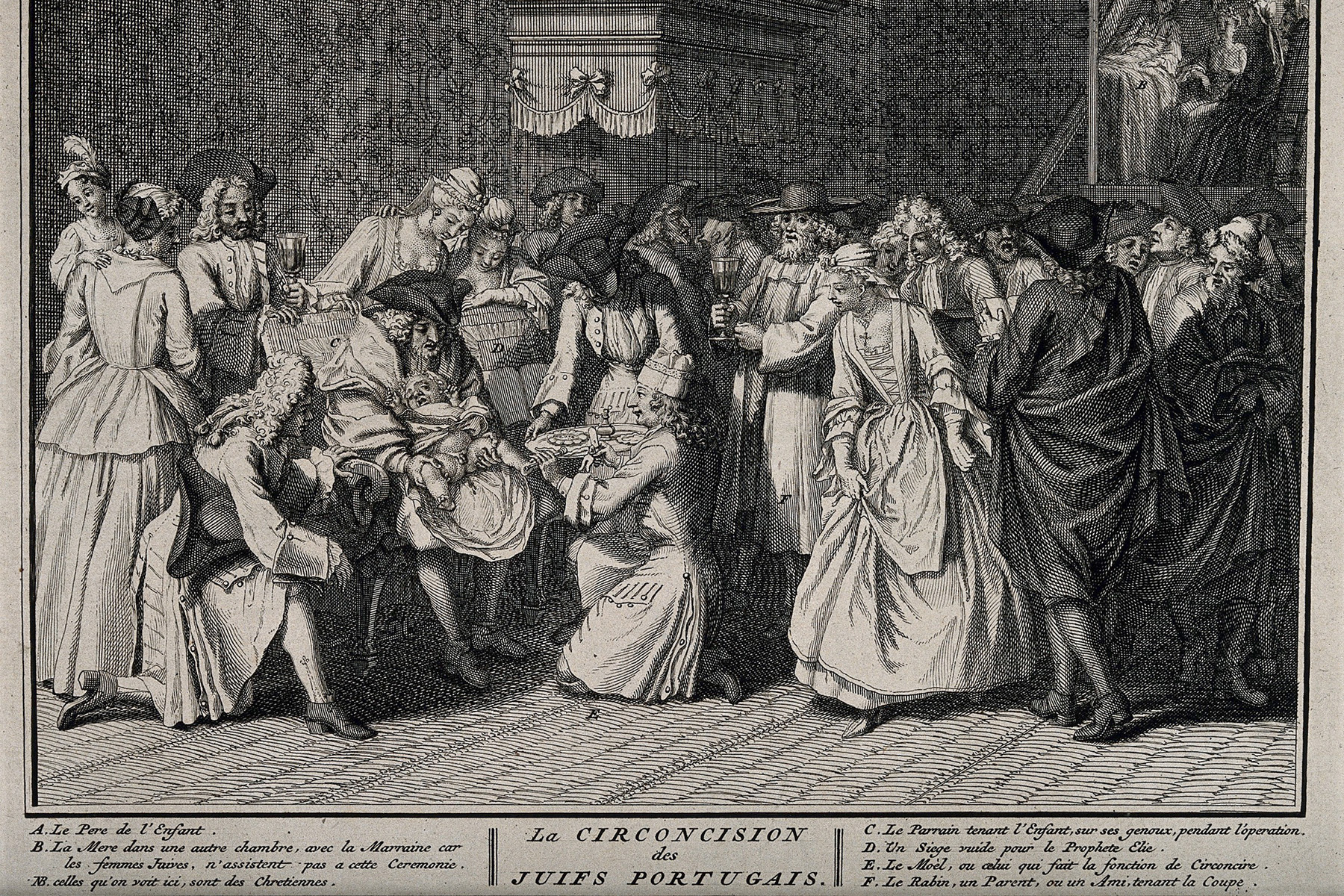In the past 200 years in the United States of America, there have 5 been elections where the candidate that won the presidency did not actually win the popular vote. 2 out of these 5 instances have taken place in the last 20 years. Though the US preaches democracy and tries to push it on any poorer country that they want to control, the very heart of this country—the election of the highest leader in the land—is not truly democratic.
The reason is the Electoral College: that thing that we all sort of know about but don’t really understand.
The Electoral College has been around since the beginning: since the Constitutional Convention of 1787 in Philadelphia, Pennsylvania. It had already been decided that the US would be run by a president—not a king—but this group of white, British men simply couldn’t make up their minds about how the president should be chosen. Would it be: election by congress? Selection by the state legislatures? Or perhaps direct voting by the people? (Keep in mind, ‘people,’ at this point, only included white men that owned property).
Congressional appointment was tossed out the window early on because it ran directly in the face of the separation of powers, which were laid out in the first three articles of the constitution. But giving all this power to the states might tip the balance too much in their favor and create bad actors in state leaders if they intentionally appointed someone weak. And both Thomas Jefferson and George Mason believed that the average man was far too, well, average, to be able to make an informed decision about who should run the country (Mason, in fact, likened it to asking a blind man to select a color).
Even still, 6 out of the 11 delegates were in favor of direct election. As Gouverneur Morris of New York put it, the executive is the guardian of the people; should not the people have a say in s/he that guards them?
But the southern states, lead by Virginia’s George Mason, knew that their interests would not be reflected in a president that was elected directly by the people, because so many of the people residing in their states were slaves, who could not vote. To this, I might say, perhaps your niche, racist interests should not be reflected in the president, then. But the north needed the south in order to ratify the constitution, so a compromise had to be made. It was out of this tension that the Electoral College was born, whereby both the people and the states would decide the election.
Part of this compromise was that black slaves were counted in the census as 3/5 of a person, to increase national representation in the south. I cannot fathom why this passed, why the civil war didn’t start right then and there. In a country so proud of their democratic roots, how did we not see this see this as a much larger barrier to democracy?
Rather than creating a compromise that was fair, equal, and just, these most selfish and evil men were given legal grounds to further exploit the people on whose backs they built their wealth.
As it would happen, Virginia, the very state that elector-supporting George Mason hailed from, won big in the new system. Due to the number of slaves residing in Virginia, the state was allocated 12 electoral votes, 20% more than Pennsylvania, even though the latter state boasted 10% more free people. In this completely backwards scheme, the more slaves any slave state acquired, the more electoral votes it could cast. For 32 of the first 36 years of the Constitution, the highest title in all the land was held by a slave-owning Virginian.
Today, the electoral college isn’t so much racist as it is antiquated and undemocratic. Rather than favoring the south, it favors the less populous states, and creates scenarios in which one person’s vote matters less than another’s.
The Electoral College is comprised of 538 electors: 1 for every state senator, as well as 1 for each of the 435 members of the House of Representatives, plus 3 representatives for Washington D.C..
Regardless of population, every state has 1 representative in the House, and no more than 1 for every thirty thousand people. This means that every state, regardless of population, is given 3 electors to cast a vote in the national election. The upshot is that 1 person’s vote in Wyoming carries more than three times the weight of 1 person’s vote in California. If this seems unfair to you, it’s because it is.
So here we have a system that is unfair, undemocratic, and born out of blatant racism. Why are we still using it to decide the election?
On top of these very good reasons to abolish the Electoral College, I keep coming back to a simple question: why are we voting in our state for an election whose winner runs the entire country? We already have local governments, and each state is already represented at the national level by the Senate and the House. Surely one piece of our political system should be truly national.
Yes, we are 50 states, but we are also one nation. Perhaps if we start voting like one, we will start acting like one as well.




